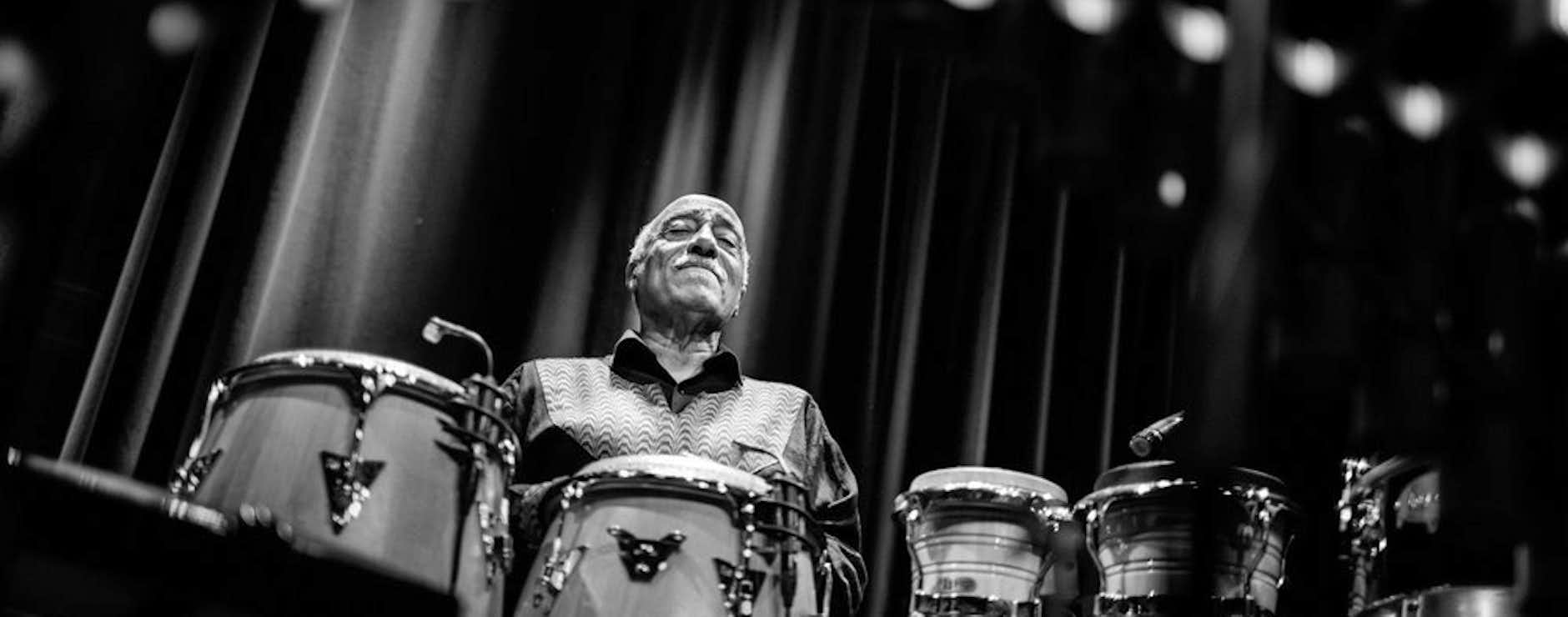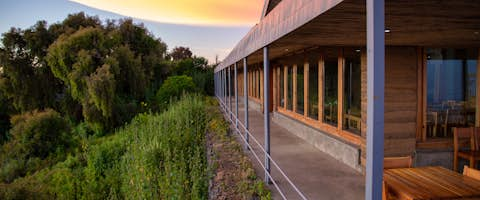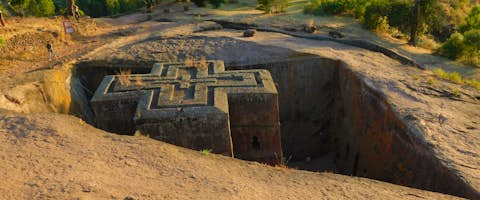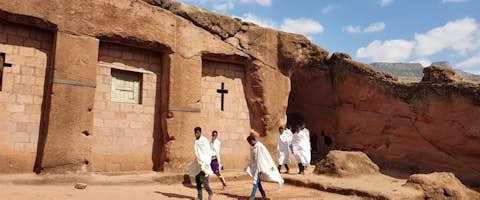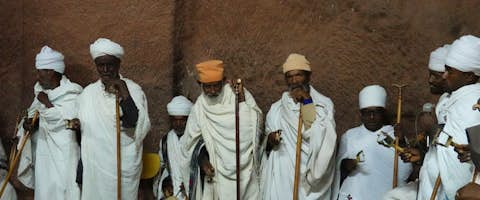A brief history of Ethiopian Music
Music in the country can be traced back to the Ethiopian highlands, where the strong oral-literary custom was born. In this area, traditional music is played by mostly itinerant musicians called azmaris, who are regarded with respect in their society.
As this form of music slowly spread across the country, it appropriated aspects of the regions it infiltrated, depending on the local customs, culture and religion.
In the region of Yared, ancient Christians adopted these traditions, embellishing them with tales from the bible.
Towards the northeastern lowlands, a Muslim musical form called manzuma was developed. Sung in ancient Amharic, over time manzuma spread to Harar and Jimma, where it is now sung in the Oromo language.
Discover Ethiopia's music on these trips
The tours below showcase just some of what is possible. Use these itineraries as starting points, or to draw inspiration. Then get in touch, and let our expert team help craft the perfect itinerary for you.
Development over the years
Until the advent of industrialization and the slow but steady spread of western influence in the form of colonialism, music remained in this state, forming the bedrock for history, culture and news, but remaining in a semi-static form.
However, during the early 1900s, music in the land was changed from the most unlikely sources.
An Armenian brass band playing in Jerusalem inspired then-leader Halie Selassie to import a range of western instruments, which was given to the first Ethiopian Orchestra in 1924. By the end of World War II, large orchestras accompanied singers; the most prominent orchestras were the Army Band, Police Band, and Imperial Bodyguard Band.
From the 1950s to the 1970s, popular music in the country grew, adopting other western standards, culminating in the formation of the genre, Ethio-Jazz.
Popular musicians from this period include Mahmoud Ahmed, Alemayehu Eshete, and Tilahun Gessesse. Under the Ethio-Jazz heyday during the late 60s, there was a small but stoic folk revival, which is still strong to this day.
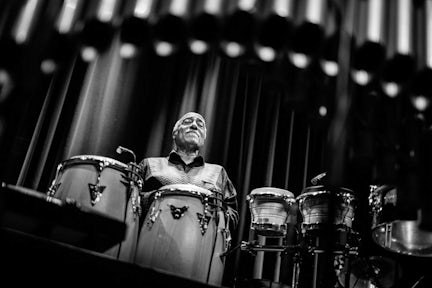
Years of wax and gold
However, the 1980s ushered in an iron curtain around the country. Strong censorship was introduced, held in place by the Derg regime and propped up by the Soviet Union.
Many of the stars of Ethiopian music fled, fearing political persecution, however smaller artists stayed due to the closed borders. These musicians who stayed would shape the next decades worth of music, with thinly veiled protest songs common throughout the country.
These songs revived the long-dead tradition of the poetic sem-enna-werq (wax and gold), an old tradition of double entendre to fool the censors, or at least enable them to turn a blind eye without incurring the wrath of the military chiefs.
From 1985 on, one singer championed this new style of singing, Neway Debebe. His brand of traditional ballads helped to inspire a downtrodden country through a seemingly unending period of doldrum. With the fall of the Derg regime's main benefactor, the stranglehold on Ethiopians creative industries began to loosen, leading the way for a musical revolution.
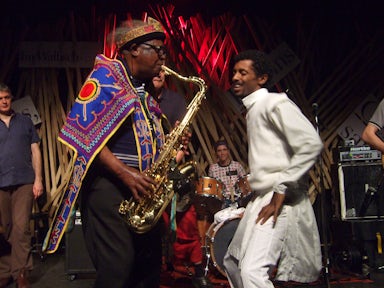
Modern Ethiopian Music
By the mid 90s, self-exiled musicians, such as Gigi, Munit Mesfin, and Meklit Haders, returned home, and begin importing the western influences that fuelled their time away.
Nowadays, music feels omnipresent in Addis Ababa, blaring out of knackered radios in taxis, drifting from stores and markets and pumped out loud at the innumerable little cafés and guesthouses dotted across the sprawling backstreets.
As musical homogenization continues to infiltrate every corner of the globe, modern genres have begun to influence traditional Ethiopian music, with EDM, rock and hip hop.
Acts like Jano Band have merged progressive rock with a mix of Ethiopian music creating a wholly unique sound. Hip hop music started influencing Ethiopian music in the early to mid-2000s and culminated with the creation of Ethiopian hip hop, often performed in the native Amharic language.
Teddy Yo and Lij Michael, are often credited with helping to spread the influence of the now dominant genre.

Discover Ethiopia's Music on these trips
The tours below showcase just some of what is possible. Use these itineraries as starting points, or to draw inspiration. Then get in touch, and let our expert team help craft the perfect itinerary for you.
Ready to plan your Ethiopia adventure?
Listen
We'll spend some time listening to your aspirations, then discuss the kind of experience that might suit you.
Match
Next we'll discuss the options, shortlist the best trips for you and present you our impartial recommendations.
Reserve
We'll place a 24 hour hold on your preferred option - without obligation - whilst we talk through the details.
Whatever your budget, group size, length of stay, preferred activity or appetite for adventure, we can help.
+1 315 645 2889

